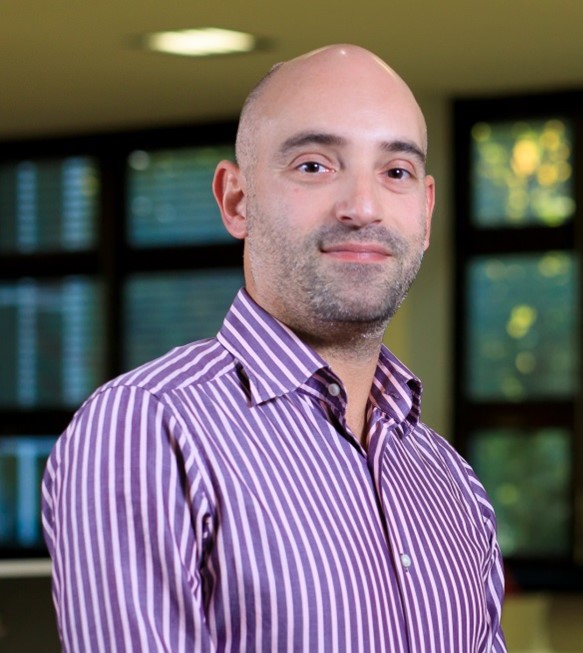 Prof. Josip Arnerić, PhD
Prof. Josip Arnerić, PhD
Department of statistics
Faculty of Economics and Business
University of Zagreb
Zagreb, Croatia
e-mail: jarneric@net.efzg.hr
webpage: http://www.efzg.unizg.hr/jarneric
Title of the invited lecture: Overcoming trading imperfections in multivariate asset prices to improve integrated covariance estimation
Authors: Josip Arnerić
In empirical finance, which covers portfolio selection, asset pricing, and option pricing, realized estimators for integrated covariance have been extensively used to summarize the time-varying relationships between underlying assets. Although the benefits of realized estimators of integrated covariance, computed using high-frequency or tick-by-tick data, are well-known, they come with several issues that must be addressed, particularly when dealing with real-life data. Eliminating trading imperfections, such as price jumps, microstructure noise, price discreteness, and asynchronicity, to obtain the most accurate integrated covariance estimation is complex and not straightforward. For example, jumps can lead to biases in covariance measurements, and several estimators have been proposed to separate these sources of variation in the multivariate case, such as bipower covariances, threshold covariances, and outlyingness-weighted covariances. Conversely, sparse sampling, multi-scale estimators, or pre-averaging techniques are recommended for reducing microstructure noise. By analyzing the theoretical and empirical properties of different realized estimators proposed in the literature, one can establish optimal criteria for selecting the appropriate elements needed to construct an estimator that combines robustness to jumps, noise, and asynchronicity.
Short CV:
Josip Arnerić is a Full Professor at the Department of Statistics, Faculty of Economics and Business, University of Zagreb. He serves as a Section Editor of the Croatian Operational Research Review and Co-editor-in-Chief of the Croatian Review of Economic, Business and Social Statistics. He is also the head of the R Club at the Croatian Statistical Association and has organized many past conferences on operational research in Croatia. Throughout his career, he has participated in numerous research projects and workshops and has contributed to inter-institutional cooperation by connecting the academic community with real sector. He has also served as a project manager for the Croatian Science Foundation. His fields of interest include financial econometrics, time-series analysis, stochastic processes, and neural networks. He is a member of the American Statistical Association and has attended numerous international conferences worldwide. He is the author of numerous original scientific papers. His collaborations with other universities, including the Faculty of Economics in Split, Rijeka, and Mostar, as well as the Shanghai University of International Business and Economics in China and Ruhr University Bochum in Germany, are highly regarded.